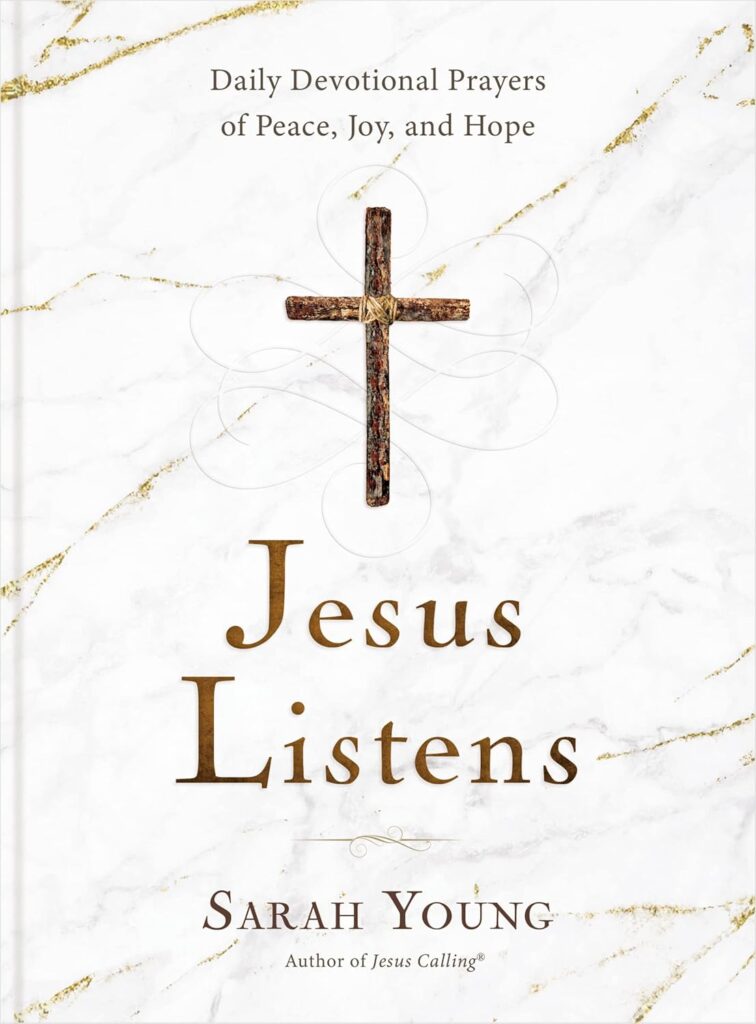Did you know ancient tattoos were often linked to pagan worship and mourning rituals? This historical context is the key to unlocking what the bible says about tattoos in its original setting. We’re going to journey past the surface-level debates to understand God’s heart behind the commands. You will discover 7 powerful truths that shift the focus from ‘can I?’ to ‘should I?’, empowering you to make choices that truly glorify Him.
1. Beyond One Verse: The Bigger Picture of What the Bible Says About Tattoos
The conversation about Christians and tattoos often gets stuck on a single verse, pulled from its context. To truly understand God’s perspective, we must look at the whole counsel of Scripture, moving beyond proof-texting to a place of wisdom and grace.
This requires a commitment to deeper study and a desire to understand the principles behind the rules. When we do this, the debate transforms from a legalistic argument into a conversation about honoring God in a modern world. A structured approach can help you dig into the Word for yourself, revealing layers of meaning you might have missed. For a great framework, consider exploring the SOAP Bible study method.
The beginning of wisdom is this: Get wisdom. Though it cost all you have, get understanding. – Proverbs 4:7
2. Unpacking Leviticus 19:28: The Pagan Context
The primary verse used to argue against tattoos is found in the Old Testament law. It commands the Israelites not to mark their bodies. But why?
This command was given to set Israel apart from the surrounding pagan nations. Historical and archaeological evidence shows that many ancient Near Eastern cultures practiced ritual tattooing and body cutting as part of idol worship and mourning rites for the dead. God’s command was a direct prohibition against participating in these demonic and idolatrous practices.
Understanding this context is vital. The issue wasn’t the ink itself, but the pagan worship associated with it. This is a key point for anyone wrestling with verses that seem to present biblical contradictions when applied to modern life.
‘Do not cut your bodies for the dead or put tattoo marks on yourselves. I am the Lord.’ – Leviticus 19:28
3. Your Body is a Temple: A Principle of Honor
The New Testament brings a profound new perspective with the concept of the believer’s body as a temple of the Holy Spirit. This is not a rule against decoration but a powerful principle of stewardship and honor.
The question becomes, “Does this action honor God’s temple?” This applies to everything—what we eat, what we watch, and yes, how we adorn our bodies. A tattoo intended to glorify God or testify to His goodness honors the temple very differently than one stemming from rebellion or vanity.
We are called to live in a way that reflects our sacred value, purchased by Christ. Anchoring ourselves in this truth can transform our choices and build a foundation of confidence, which is why regularly using powerful Christian affirmations can be so impactful.
Do you not know that your bodies are temples of the Holy Spirit, who is in you, whom you have received from God? You are not your own; you were bought at a price. Therefore honor God with your bodies. – 1 Corinthians 6:19-20
4. The New Covenant Changes Everything
A crucial piece of the puzzle is understanding the shift from the Old Covenant to the New Covenant. Jesus did not abolish the law, but He fulfilled it, particularly the ceremonial and civil laws given specifically to the nation of Israel.
Commands about mixed fabrics, specific dietary restrictions, and ritual markings were part of this fulfilled law. While the moral law (like the Ten Commandments) still reflects God’s unchanging character, Christians are no longer bound by the specific ceremonial codes of ancient Israel. Trying to apply Leviticus 19:28 directly to Christians today misunderstands this fundamental theological shift.
Jesus’s life, death, and resurrection inaugurated a new and better covenant, one written on our hearts. This is the fulfillment of what was spoken about in the books of the Bible about prophecy.
By calling this covenant “new,” he has made the first one obsolete; and what is obsolete and outdated will soon disappear. – Hebrews 8:13
5. God Looks at the Heart
Scripture consistently emphasizes that God is far more concerned with our internal reality than our external appearance. He looks past the surface to the motivations and intentions of the heart.
This is the most important question for a Christian considering a tattoo: What is my motive? Is this an act of rebellion? Is it fueled by a desire to fit in or by vanity? Or, does it come from a place of gratitude, a desire to create beauty, or a passion to bear witness to God’s work in your life?
A tattoo of a cross to remember Christ’s sacrifice comes from a very different heart than a tattoo of a demonic symbol. Taking time for honest self-examination and even some creative prayer can reveal the true “why” behind your desire.
The Lord does not look at the things people look at. People look at the outward appearance, but the Lord looks at the heart. – 1 Samuel 16:7b
6. The Principle of Christian Liberty and Conscience
For issues where the Bible does not give a direct, universal command, we enter the realm of Christian liberty. The Apostle Paul addresses this in Romans 14, explaining that believers can have different convictions on “disputable matters.”
Your conscience before God is a primary guide. If you believe getting a tattoo would be sinful for you, then for you, it is. However, we also have a responsibility to our community. We must consider if our freedom could cause a “weaker” brother or sister—someone whose conscience is more sensitive on the issue—to stumble in their faith.
This calls for a balance of personal freedom and corporate love. Navigating these nuanced situations is where having a trusted spiritual mentor can provide invaluable wisdom and guidance.
So whatever you believe about these things keep between yourself and God. Blessed is the one who does not condemn himself by what he approves. – Romans 14:22
7. Your Ultimate Identity is in Christ, Not Your Skin
Whether you have tattoos covering your body or have never considered one, your ultimate identity is not found in your appearance. Your identity is rooted securely in your status as a child of God, adopted and redeemed through Jesus Christ.
Our culture places immense value on outward appearance and self-expression, but our true self is “hidden with Christ in God” (Colossians 3:3). Tattoos can be a beautiful expression of faith, but they do not make you more or less of a Christian. Your salvation and standing before God are based on His grace alone.
We are clothed in Christ’s righteousness, a covering far more significant than any mark on our skin. This truth is anchored in who God is, and exploring the powerful names of God in the Bible can deepen your understanding of this incredible identity.
So in Christ Jesus you are all children of God through faith, for all of you who were baptized into Christ have clothed yourselves with Christ. – Galatians 3:26-27
Conclusion
Ultimately, the conversation must shift from legalism to liberty, from rules to relationship. A holistic look at what the Bible says about tattoos reveals that God is less concerned with the ink on your skin and far more concerned with the posture of your heart. Whether you choose to get a tattoo or abstain, the goal is the same: to glorify God, love others well, and walk in the freedom and identity you have in Jesus Christ.
If you have a tattoo with a faith story behind it, what does it represent to you? Share your testimony in the comments below!

















10 Full Christian Movies You Can Watch for FREE (Right Now!)
1.8K views